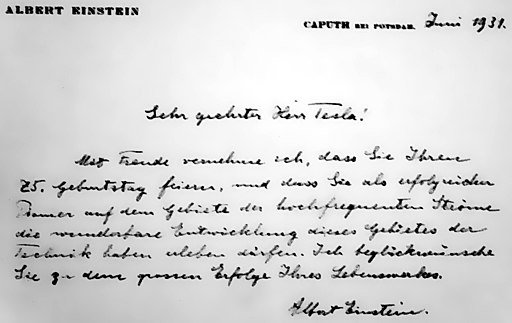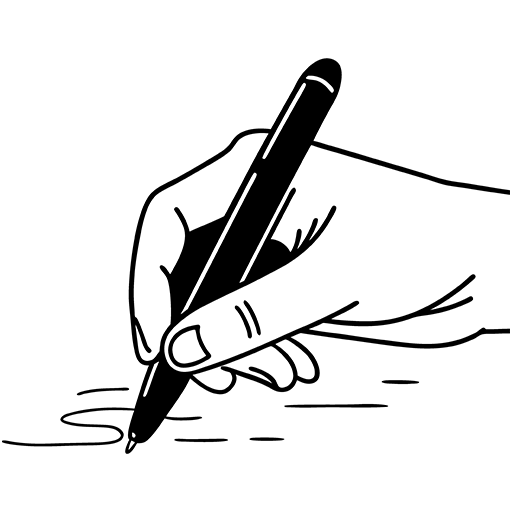Your Handwriting will save you from creeping digital overload
Don’t you ever wish that you could slow things down a bit? We lead such hurried and stressful lives. We are bombarded by AI, flashing screens and digital overload. Our obsessive scrolling is just one of the symptoms of our digital frenzy.
Is there a way to quieten the storm? Is it possible that the age-old craft of handwriting could give us a bit of respite and quiet breathing space?
Handwriting has been neglected in recent times but it still stands apart as a deeply personal antidote to the distractions of modern life. Quietly and unobtrusively it acts as a contrast to our digital burnout.
Neuroscientists have found that handwriting strengthens memory, improves focus, and deepens understanding. They say it activates pathways in the brain that digital writing cannot hope to replicate.
The fact is that the physical act of forming letters engages the brain in ways that typing doesn’t. Possibly this is why so many writers and thinkers have found clarity and inspiration through journaling.
Leonardo da Vinci, Jane Austen, Albert Einstein, Isaac Newton and many others filled numerous notebooks with handwritten ideas. The slow, tactile nature of handwriting helped them to develop their thoughts more fully.

Einstein’s handwriting
Many years ago scribes were the transmitters of culture and writing was regarded as a much revered craft.
Today, handwriting has been swept aside by digital communication. But in the process something very important has been lost: the effort, warmth, and feeling of sincerity that a handwritten letter conveys. For beyond its cognitive benefits, handwriting has an emotional context.
Unlike digital text, which can seem cold and detached, handwriting with its very personal nature reflects the feelings and moods of a writer. The very ebb and flow of the handwriting tells an intimate story about the writer.
Studies show that people value the effort and sincerity that go into creating a handwritten letter and now there appears to be a new groundswell as many turn to journalling as a tool for self-reflection and creative expression.
And so even in our world of instant communication and creeping digital overload, handwriting offers us a way to slow down, to think more deeply, and to connect with others on a more personal level. It is not an outdated practice but a timeless craft that needs to be restored to its former eminence.
A Free Newsletter about Handwriting and Personality








Comments